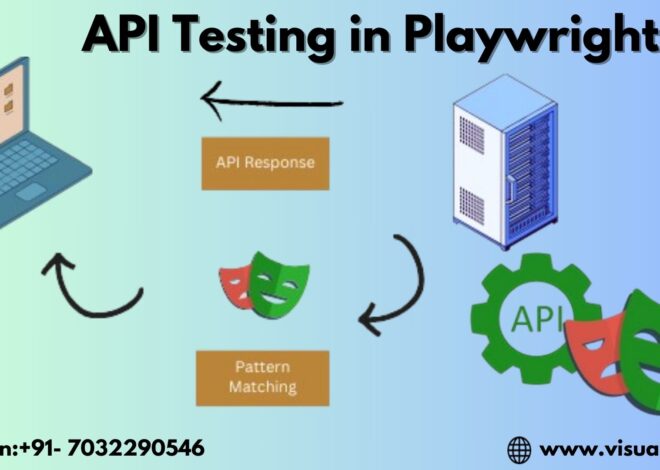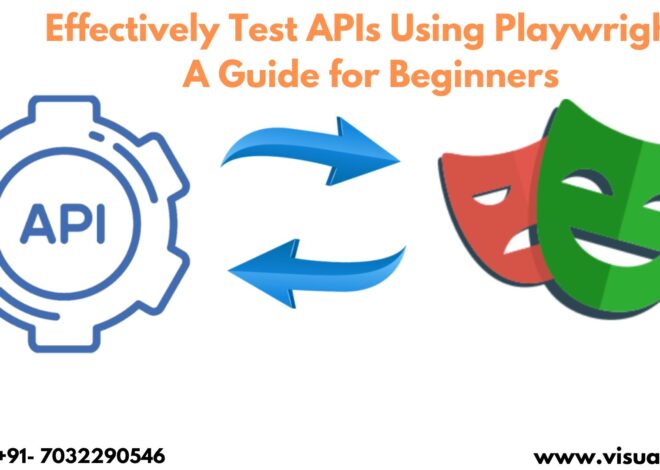Locators are at the heart of automated testing with Playwright, a versatile framework for testing web applications. Locators enable you to identify and interact with web elements, such as buttons, links, and input fields. To make the most of Playwright, it’s essential to understand how to use Chrome Development Tools, Playwright’s built-in selectors, XPath, and the Playwright Inspector.
Locators in Playwright
Locators in Playwright are queries that help identify elements on a web page. These queries are crucial for automating user interactions and validating the behavior of web applications. Playwright supports various types of selectors, including CSS selectors, text selectors, and XPath expressions, among others. Playwright Automation Online Training
Chrome Development Tools
Chrome DevTools is an invaluable resource for identifying locators. By inspecting elements directly in the browser, you can quickly find the attributes, classes, IDs, or text content necessary for creating accurate locators. Right-clicking on any element in the browser and selecting “Inspect” opens DevTools, where you can see the HTML structure, CSS styles, and more. You can then use this information to craft effective locators in Playwright. Playwright Automation Training
Playwright’s Built-in Selectors
Playwright comes with several built-in selectors that simplify the process of locating elements: Playwright Course Online
- Text Selectors: These are used to identify elements based on their visible text. For example, page.locator(‘text=”Sign In”‘) finds an element with the text “Sign In”.
- CSS Selectors: These allow you to select elements based on their classes, IDs, or other attributes. For instance, page.locator(‘button.submit’) targets a button with the class submit.
- Role Selectors: Based on accessibility roles, these selectors can identify elements by their function on the page, such as buttons, checkboxes, or links, using accessibility tree attributes.
XPath and Chrome Extensions
XPath is a powerful language used to query XML documents, but it can also be used to locate elements in HTML documents. Playwright supports XPath selectors, allowing for complex queries. For example, page.locator(‘//button[@id=”submit”]’) locates a button with the id of submit. Playwright Online Training
To aid in XPath creation, Chrome extensions like “XPath Helper” or “ChroPath” can be used. These extensions simplify generating and validating XPath queries directly within the browser, making it easier to create reliable locators. Playwright Training,
Playwright Inspector
The Playwright Inspector is a built-in tool that helps you debug and develop your Playwright scripts. It allows you to interact with your script step-by-step, visualize locators in action, and make adjustments in real-time. By using the Inspector, you can refine locators and ensure they accurately target the intended elements. Playwright with TypeScript Training
Conclusion
Locators are critical for successful automated testing in Playwright. By leveraging Chrome DevTools, built-in selectors, XPath expressions, and the Playwright Inspector, you can create robust tests that interact with your web application precisely as intended. These tools and techniques empower you to ensure your web applications are thoroughly tested and reliable.
Visualpath is the Leading and Best Software Online Training Institute in Hyderabad. Avail complete PlayWright Automation institute in Hyderabad PlayWright Automation Online Training Worldwide. You will get the best course at an affordable cost.
Attend Free Demo
Call on – +91-9989971070
WhatsApp: https://www.whatsapp.com/catalog/919989971070
Visit: https://visualpath.in/playwright-automation-online-training.html




